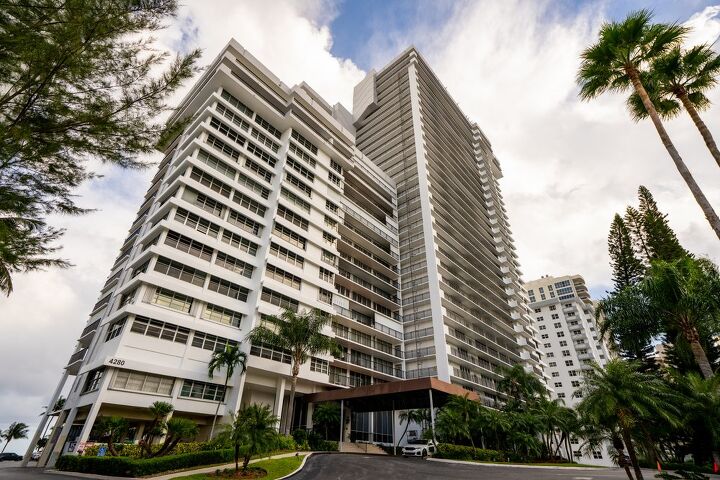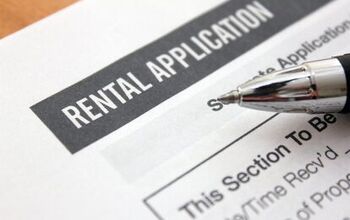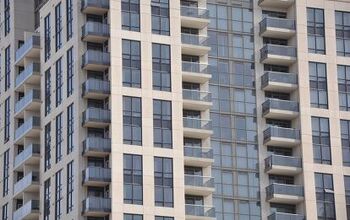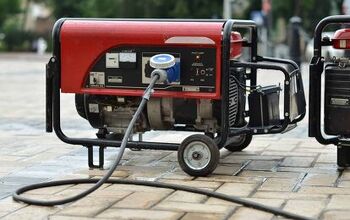What To Look For In Condo Documents (Find Out Now!)

When you are looking to buy your new home, it’s easy to just fall in love with a particular unit and feel like you have to have it. That’s a great feeling, but it can be deceptive. If you choose to buy a condo, then you probably are curious about what you should look for. In many cases, the documents will tell you what you should watch for.
Always look at the rules and regulations that condo documents have, as well as the meeting notes. If you notice a need for heavy repairs regularly delayed, it could be a red flag. Looking at the financial statments can also lead you to learn more about the current status of the condo of your choice.
With condos, it’s definitely a “caveat emptor” type of deal. You owe it to yourself to look at your potential condo documents before you move in. Let’s talk about the basics.
What Should You Look For In Your Condo Paperwork?
Your condo’s paperwork is going to be the golden ticket into insight surrounding your condo’s environment and goings-on. Let’s take a look at the biggest issues you should look at.
Rules And Regulations
Every condo HOA had a rulebook that dictates what you can and cannot do as a condo owner, along with the basic protocols the HOA focuses on. The most important things to note include:
- Regulations On Home Improvements. Many HOAs will bar you from doing heavy upgrades without approval from the board. It can turn into a headache.
- Renter Policy. Do you want to rent your condo out? This is a must-read.
- Condo Dissolution Policies. It should never come to this, but it’s a thing to know.
- Complaint Policy. How does your condo deal with complaints from residents? If there is an argument between neighbors, what happens next?
Financial Statements
How is the cash flow of your building? If you notice that there is serious debt, that’s usually a bad sign. You should check to see that no more than 15 percent of the fees go to building reserves, that the salaries for admins is fair, how many units are bought by investors, and that there are no major signs of financial distress.
In particular, you should check to see how many delinquencies there are in the building as well as the need to repair items. If you notice frequent repairs or visits from inspectors citing needs for major repairs, hit the pause button. You might have a dangerous condo on your hands.
Condo Meeting Notes
In many parts of the country, condo meeting notes aren’t always accessible. However, if you have the chance, they’re a gold mine of information. When checking the meeting notes, take a look at the following issues in particular:
- Inspection Notes. Did inspectors find something wrong? What cost estimates do repairs have, and how would it raise your condo fees? Moreover, how often do they actually do inspections and repairs.
- Lawsuits. Keep a close eye on any mentions of legal issues filed against the condo association. You should pay particular attention as to why they were filed and how the rulings went—if they even went to court.
- Turnover Rate. Sometimes, notes will mention when condo members move out or mention sales. If you notice a serious increase in condo sales, it could be a sign of a “soft” problem that is starting to grip the area.
Reserve Studies
Every condo should have a financial reserve. This reserve is there to build a safety net for the condo community, should anything serious be in need of repairs. As a result, every couple of years, the condo committee should have a reserve study. This acts as the “plan” for the condo’s future.
The study will tell you the basic costs of maintenance, future repairs, as well as future upgrades that they may choose to add in the future. This can help you judge what the resale value might be and how well the condo’s HOA manages money.
Master Insurance Policy
So, condos have two types of insurance. The first is the individual insurance that you might need to buy for the interior of your unit. The second is the Master Insurance Policy. This is the policy that covers all the repairs to the structure of the building, the outside of the building, and other similar issues.
Your Master Insurance Policy should cover 100 percent of project improvements. That actually includes any building-wide improvements that will directly impact your home, too. Most lenders will ask for a copy of this regardless, so if you’re financing, it’s safe to leaf through this packet before you hand it in.
Resale Disclaimer
For the most part, we all will have a moment where we will probably have to sell the house we’re in or move out. With condos, it’s not just about putting it on the market. Condos all have their own resale policies that can make or break your deal. Take a look to find out:
- Resale Announcements. Reselling your home might need to be approved by a board of people.
- Right of First Refusal. Most condos have this clause. This says that the condo has the right to ask to buy your condo before it hits the market. Moreover, they may also reject buyers that you bring to them based on finances or felonies. It’s important to know what to expect before you buy, too.
- Fees. Most condos will have a number of fees that are single-time only and are meant to help manage the transition. This can include moving fees, paperwork fees, application fees, as well as deed transfer fees. Your handbook should have an entire section for this.
What Else Should You Look For In Your Condo Documentation?
For the most part, all of the items above will help you make a solid decision on what type of community you are about to join. Of course, there are other things that you may want to take a look into, if you are able to get your hands on the documentation that shows it. These include:
- Board Acceptance Qualifications. Depending on where you live, your condo board can refuse people for almost any reason outside of legally-protected ones. If you can, find out what your condo board looks for. This can include being felony-free or even belonging to a specific industry.
- Complaint Files. If possible, find out what the complaints were against the condo community. On a similar note, you might also get some inkling as to what people outside of the community think about the condo on sites like Yelp.
- Notable Residents. If you are the type of person to get a “prestige” home in a place like New York City, it’s a good idea to find out who your neighbors are going to be. You might be surprised as to what you find out about your surroundings.
- Historic Status. A condo in a historic building will require a lot more restrictions than a newly-built one. After all, they will have to preserve the historic integrity of the building.
- Tax Rates. While this is not as important in some cases (since condos usually add taxes to the maintenance fee), you should also get a general idea of the tax rates in the area. It’s good to know and can also help you compare different parts of real estate to find the right one for you.
Related Questions
Are condos allowed to reject you based on a misdemeanor charge?
If you have been tried and convicted of any crime (outside of a parking ticket), condos might have the right to refuse you as a resident. Basically, if the crime can come up on a background check, then it probably could be used as grounds to reject your application. In some cases, getting the charges expunged off your record can help you get better approval.
How often do condos reject applicants who want to buy a unit?
If you recently got rejected from a condo that you want to get, it’s totally normal to feel like you have been singled out among a pile of rejections. Don’t feel too let down by it. Condo rejections are fairly commonplace, especially in cities that are deemed as “hot real estate.”It’s important to remember that certain condo communities are considered to be particularly hot investment pieces because of who lives there. Trying for a prestige condo can easily end up in major names (like Hollywood actors) getting refused. It’s no different from a co-op in that way.
Can you appeal a rejection from a condo board?
It’s always possible to try another application later on, but generally speaking, it’s not possible to successfully appeal a condo board’s rejection. Unless you have proof of discrimination that is admissible in court, the best thing that you can do for yourself (and everyone involved) is not to push the matter. It sounds bad, but it’s absolutely true. There are just some fights you don’t want to win.
Related Guides

Ossiana Tepfenhart is an expert writer, focusing on interior design and general home tips. Writing is her life, and it's what she does best. Her interests include art and real estate investments.
More by Ossiana Tepfenhart



























